Supreme Court nominee’s responses to questioning on key issues during confirmation hearings have not allayed fears
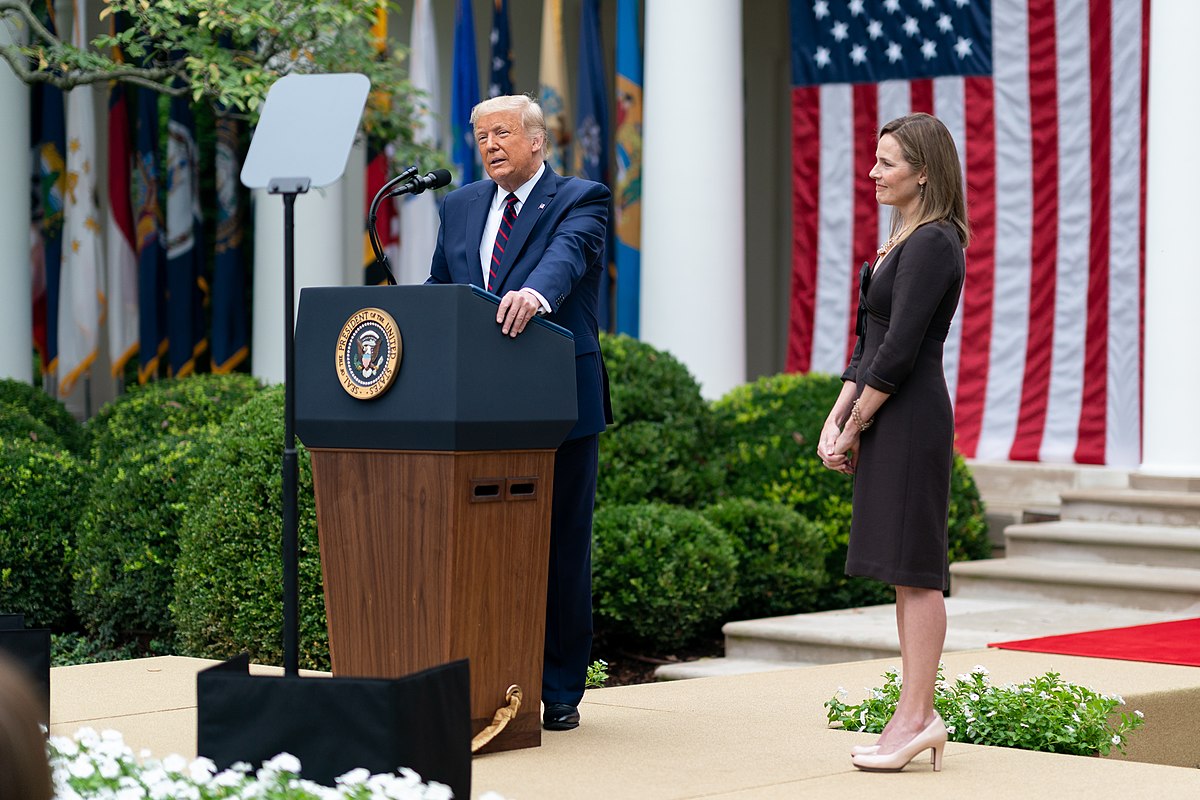

Supreme Court nominee’s responses to questioning on key issues during confirmation hearings have not allayed fears
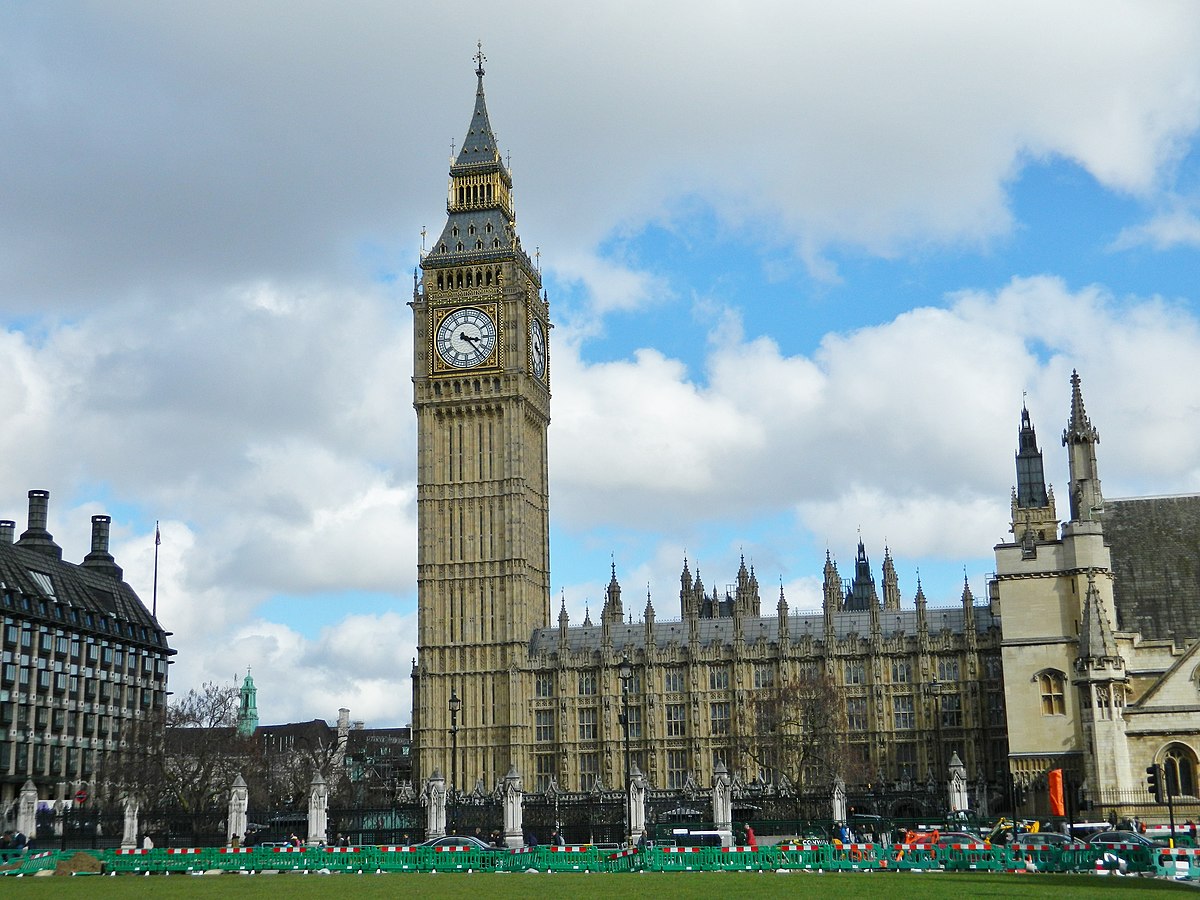
Index CEO Ruth Smeeth discusses the proposed Online Harms Bill in a virtual session organised by the Board of Deputies after a rise in anti-Semitic attacks
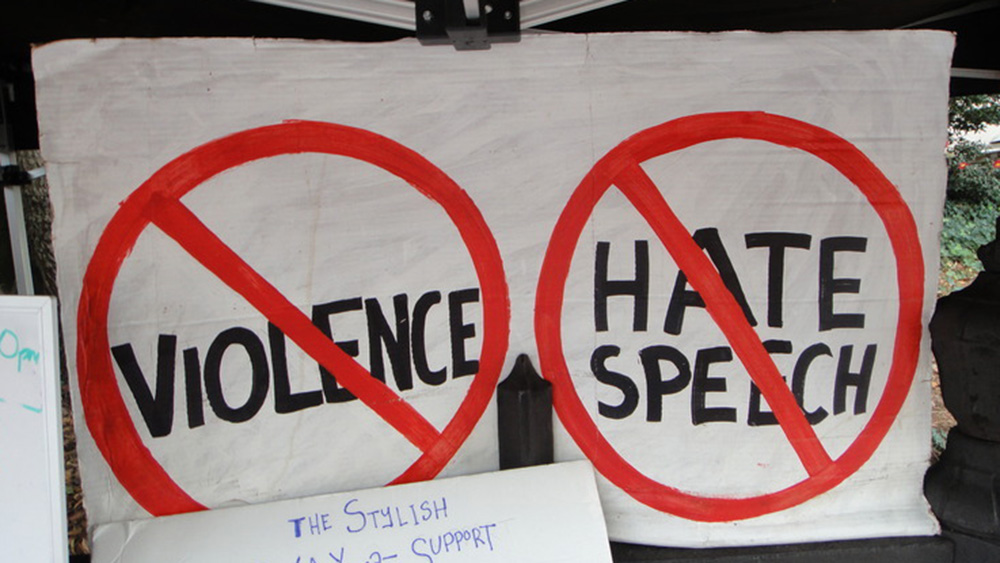
Although there is no single “hate speech law” in the UK, nor any agreed international definition of the term, a number of laws forbid hatred or discrimination against individuals or groups, which can include things people say, based on colour, race, ethnicity and nationality, religion, and sexual orientation.

Child protection is a sensitive area of law and a deserved focus of public concern. As there is no clear legal definition of the concept of indecency, and because of the sensitivity of the matter, decisions made by the police and the Crown Prosecution Service (CPS) can be subjective and inconsistent, and in the wrong context can seriously compromise freedom of expression rights.

It is nearly 300 years since bookseller Edmund Curll was convicted in 1727 on a charge of obscenity in an English court for his publication of the mildly pornographic Venus in the Cloister or The Nun in Her Smock. Obscenity was thereafter recognised as a crime under common law.
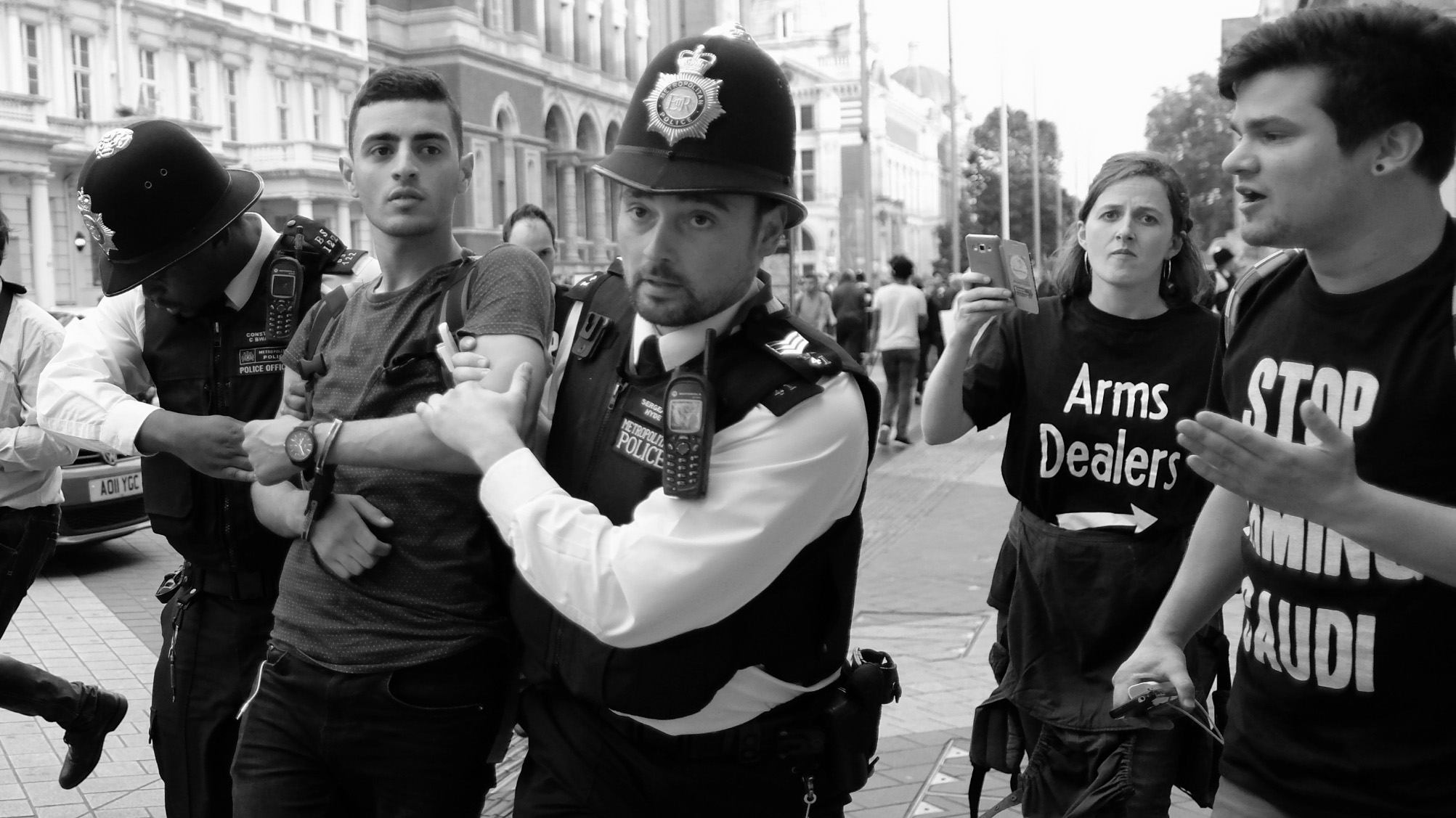
Under the Human Rights Act 1998, police officers must respect people’s right to freedom of expression guaranteed by Article 10 of the European Convention on Human Rights (ECHR). However, Article 10 of the convention states that restrictions on people’s free expression rights may be justified on the grounds of preventing disorder or crime, protecting public safety and protecting the rights of others
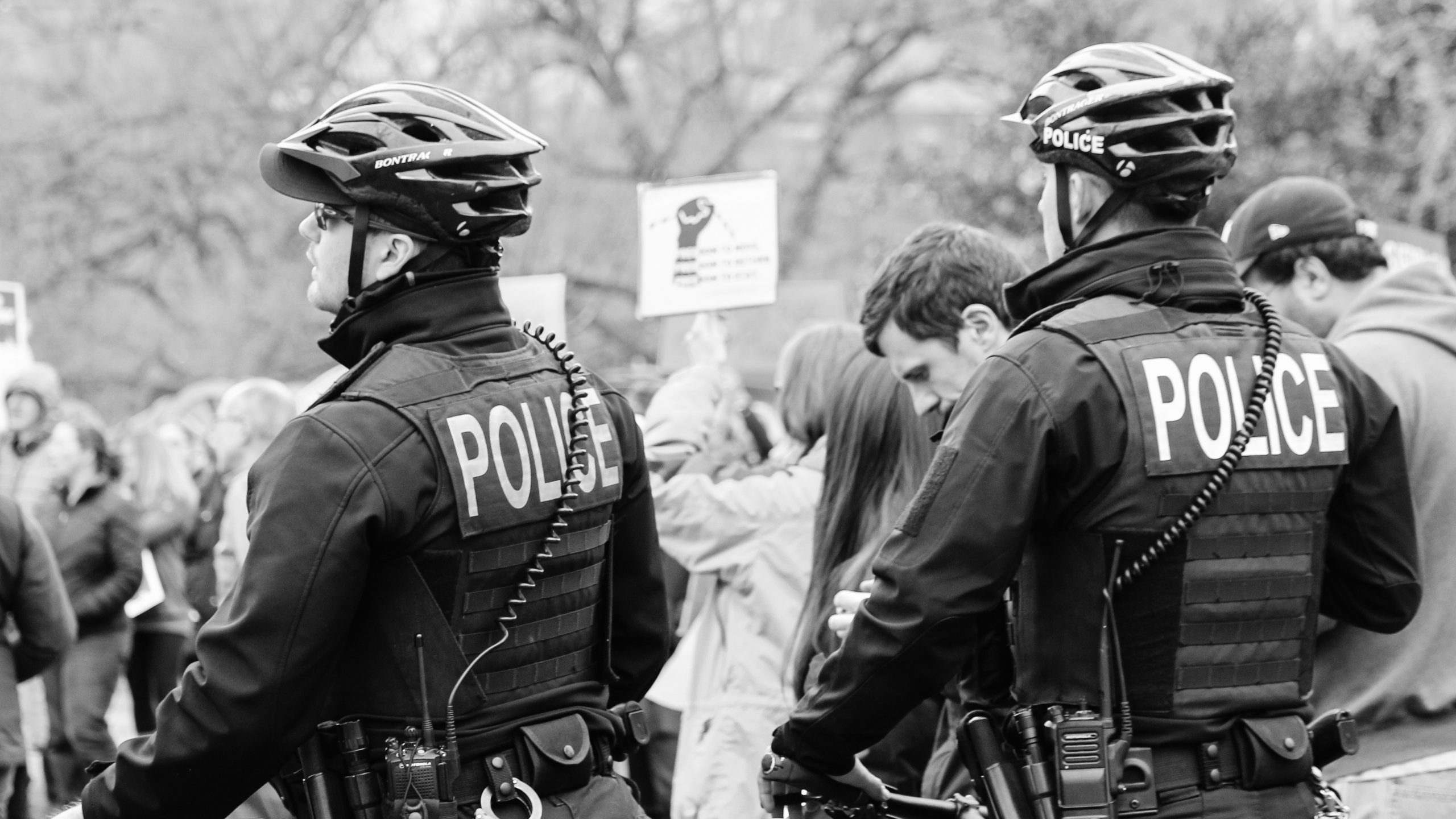
Counter-terrorism laws seek to address the application of “violence for political ends”. It is the “political ends” element that makes these laws interact so frequently with free expression rights, as the law tries to clamp down on expressions of sympathy with terrorist organisations and ideologies, as well as any resulting violence.